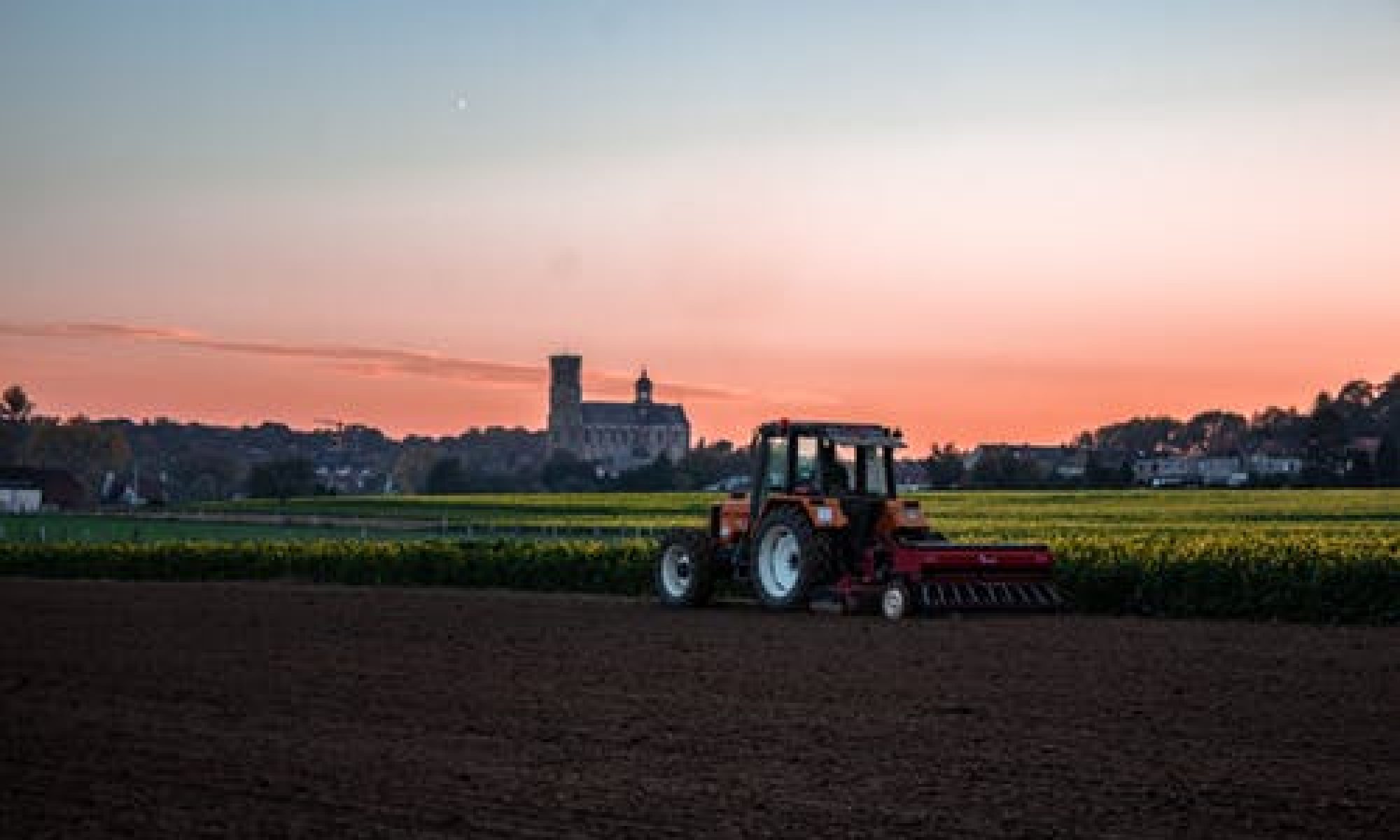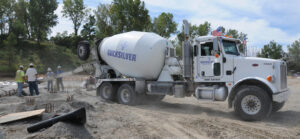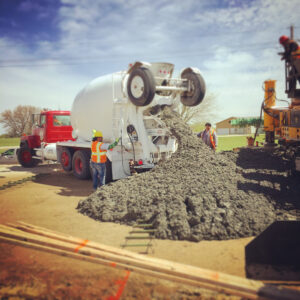In the dynamic world of agriculture, optimizing efficiency is paramount to success. Farms constantly seek innovative ways to streamline processes, enhance productivity, and improve overall operations. One such consideration that often arises is the removal of existing flooring systems within farm facilities. While it may seem like a daunting task, there are certain circumstances where floor removal becomes a strategic necessity. In this article, we delve into the reasons why farms may consider floor removal, exploring its benefits, challenges, and potential impact on farm operations.
Structural Integrity and Safety Concerns
Over time, farm floors can deteriorate due to constant exposure to heavy machinery, livestock, chemicals, and natural elements. Cracks, uneven surfaces, and worn-out sections pose significant safety hazards for both workers and animals. Additionally, compromised flooring can jeopardize the structural integrity of buildings, leading to costly repairs or even collapse. In such scenarios, farm owners may opt for floor removal to address safety concerns and prevent potential accidents.
Hygiene and Disease Prevention
Maintaining high standards of cleanliness is essential in agricultural settings, especially in livestock facilities. Dirty or porous flooring can harbor bacteria, pathogens, and parasites, increasing the risk of disease transmission among animals. Moreover, inadequate drainage systems may result in stagnant water accumulation, further exacerbating hygiene issues. By removing old floors and installing seamless, non-porous surfaces, farms can significantly reduce the spread of diseases and improve overall sanitation practices.
Modernization and Technological Advancements
As agricultural practices evolve, so do the demands for advanced infrastructure and technology integration. Traditional flooring materials may not align with the requirements of modern farming techniques, such as automated feeding systems, robotic milking, or precision agriculture. Therefore, farms seeking to upgrade their operations often consider floor removal as part of the overall modernization process. Installing new flooring solutions that accommodate advanced technologies can enhance efficiency, productivity, and long-term sustainability.
Environmental Considerations
Environmental sustainability is becoming increasingly important in agriculture, with an emphasis on reducing waste, conserving resources, and minimizing ecological impact. Old flooring materials, such as concrete, asphalt, or wooden planks, may pose environmental challenges during disposal or recycling. By opting for floor removal and utilizing eco-friendly alternatives, such as recycled rubber, composite materials, or permeable pavers, farms can align with sustainability objectives while maintaining operational functionality.
Regulatory Compliance and Certification Requirements
Farms are subject to various regulations and certifications related to food safety, animal welfare, and environmental stewardship. In some cases, outdated flooring systems may not meet the standards prescribed by regulatory authorities or certifying agencies. Failure to comply with these requirements can result in penalties, loss of market access, or reputational damage. Therefore, farm owners may choose to invest in floor removal to ensure compliance with regulations and secure certifications that enhance market competitiveness.
Expansion and Diversification Initiatives
As farms expand their operations or diversify into new ventures, such as agritourism, value-added processing, or alternative energy production, existing infrastructure must adapt to accommodate these changes. Outdated flooring layouts or materials may hinder expansion efforts or limit the flexibility to pursue new opportunities. By undertaking floor removal as part of strategic planning, farms can reconfigure spaces, optimize layouts, and create environments conducive to growth and diversification.
Challenges and Considerations
While the benefits of floor removal are evident, it’s essential to acknowledge the challenges and considerations associated with this process. Depending on the size and scope of the project, floor removal can be labor-intensive, time-consuming, and costly. Farms must assess the feasibility, budgetary implications, and potential disruptions to daily operations before embarking on such endeavors. Additionally, coordination with contractors, adherence to safety protocols, and proper waste disposal are crucial aspects to ensure a smooth transition.
Conclusion
In conclusion, the decision to undertake floor removal on a farm is not to be taken lightly. It requires careful evaluation of various factors, including safety concerns, hygiene standards, technological advancements, environmental considerations, regulatory compliance, and expansion initiatives. While the process may present challenges, the long-term benefits outweigh the initial investment, leading to improved efficiency, sustainability, and competitiveness. By embracing innovation and embracing change, farms can position themselves for success in the ever-evolving landscape of agriculture.




